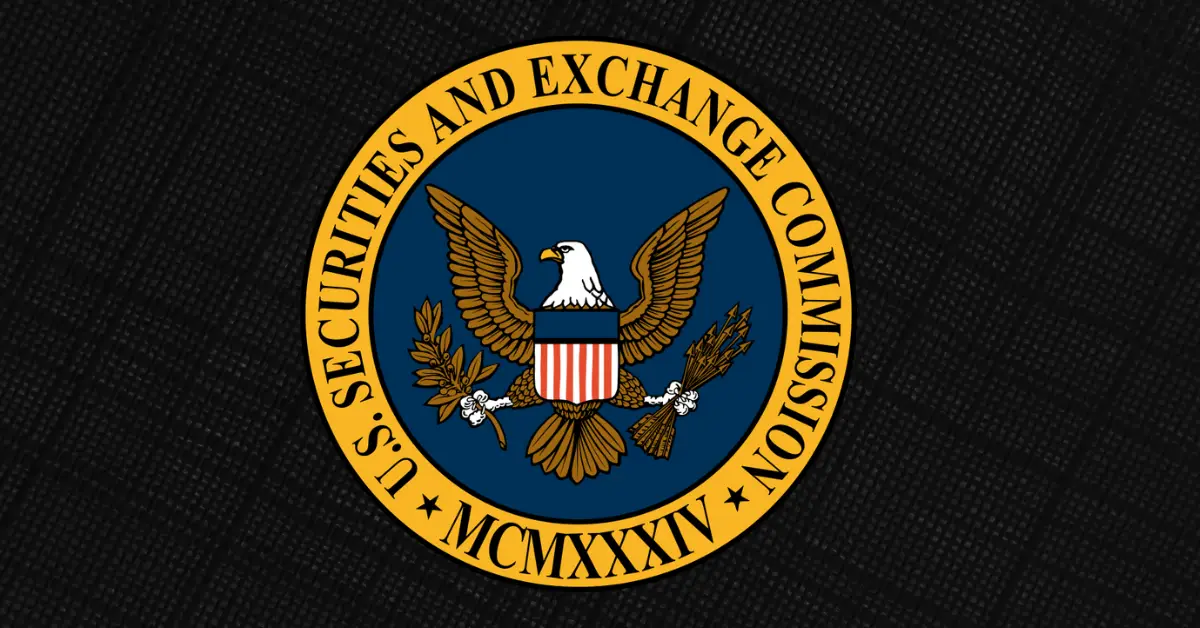
The Securities and Exchange Commission (SEC) has come under fire for its aggressive legal maneuvers against both companies and high-profile individuals. Prominent legal figure John E. Deaton has openly criticized the SEC, using the recent legal confrontation involving Elon Musk as a case in point. Deaton brought attention to reports indicating that SEC Chair Gary Gensler had issued a settlement ultimatum to Musk, threatening legal action unless compliance was achieved within a tight 48-hour window. Musk’s attorney, Alex Spiro, did not hold back in condemning the SEC, accusing the agency of harassment and politically charged motivations.
Elon Musk’s Long-Standing Feud with the SEC
Elon Musk’s legal skirmishes with the SEC are not new. They trace back to 2018 when the agency accused him of fraud following his infamous “Funding secured” tweet concerning the potential privatization of Tesla. The legal battle concluded with Musk agreeing to a settlement, which included a hefty $20 million fine for both him and Tesla, alongside his resignation as Tesla’s chairman. This resolution, however, did little to ease Musk’s animosity towards the SEC. He has been vocal in his criticisms of SEC Chairman Gary Gensler, especially after the election of Donald Trump, maintaining his public critiques.
In a move to channel his grievances into action, Musk has initiated a nongovernmental project known as the “Department of Government Efficiency” (DOGE). This initiative aims to scrutinize federal spending and regulatory practices, potentially paving the way for reforms.
John Deaton Critiques SEC’s Actions
John Deaton has been vocal in his criticism of the SEC’s tactics, underscoring how the agency’s treatment of Musk serves as an indicator of the broader challenges faced by smaller businesses and entrepreneurs. Deaton cited the LBRY case as an illustration, where the SEC allegedly threatened the company’s financial stability and its founder, Jeremy Kauffman, prior to even filing a lawsuit.
Similarly, Ripple and its CEO, Brad Garlinghouse, have reportedly expended over $150 million in their defense against what Deaton describes as a “non-fraud” case. This substantial expenditure highlights the uphill battle smaller entities face, given their limited resources to counter the SEC’s extensive legal prowess.
Regulatory Overreach in the Crypto Space
Deaton also pointed to the SEC’s actions against Dragonchain, viewing them as another manifestation of regulatory overreach. He expressed optimism that Paul Atkins, a former SEC commissioner, might have the potential to reform the agency if provided the opportunity.
An X user, Nuclear Herbs, echoed Deaton’s sentiments, sharing insights from the SEC v Richard Heart hearing. Here, the presiding judge reportedly struggled to comprehend the SEC’s fraud allegations, suggesting that the mere accusation of fraud by the SEC does not necessarily equate to actual fraudulent activity. The post argues that the SEC might be leveraging the term “fraud” to manipulate public perception, even when the claims lack merit.
This discourse contributes to the mounting concerns regarding the SEC’s enforcement approach, particularly within the cryptocurrency sector. Companies operating in this space often find themselves embroiled in costly and protracted legal disputes, underscoring the need for a balanced regulatory framework that fosters innovation while ensuring compliance.






